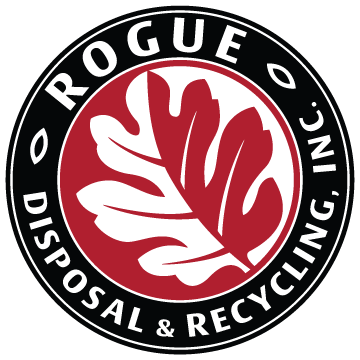Environment
How to safely dispose of unused medicines
Unused or expired medicines in the home have long been a safety concern, leading to accidental poisoning, overdose and abuse. So what’s the correct way to dispose of medications?
Read MoreCelebrating Earth Day with 10 simple things you can do to help
Billions of people around the globe have been celebrating Earth Day each April 22 for the past 53 years. During that first Earth Day, rallies took place across the country and an estimated 20 million Americans took part.
Read MoreFood for thought: Simple things you can do to cut food waste from your daily routine.
Food Waste Prevention Week is April 10-16, 2023. Read more to find out more on everyday was you can reduce food waste.
Read MoreUnderstanding the benefits — and dangers — of lithium batteries
Unlike alkaline batteries, lithium batteries are reactive and contain hazardous materials. Here's how to identify different type of batteries and learn more about their use.
Read MoreA New Use For Old Leaves
Every autumn, as cold weather approaches, trees begin to shed their leaves. Here in the Rogue Valley, that typically happens in mid-October through late December.
Read MoreSafely Disposing of Fire Debris
Cleaning up after a wildfire is an emotional evolution, but also involves immediate and long-term physical health risks. The safety of our customers, employees and community is of utmost importance, and its im portant to know that wildfire debris can contain many types of hazardous materials,
Read MoreOregon retailers and restaurants say goodbye to single-use plastic bags
The Sustainable Shopping Initiative begins January 1, 2020. Under a bill approved by the Oregon legislature this past summer, grocery stores, retail stores and restaurants will no longer be able to provide customers with single-use plastic bags.
Read MoreBeing compostable doesn’t always mean better for the environment: The trouble with “compostable” packaging and serviceware
The leaves, grass clippings and yard debris Rogue Disposal & Recycling collects during the year all become a nutritious — and natural — part of Rogue Compost. The quality of our nutrient-rich composts help create healthier and more resilient soil for use in everything from lawns, flower beds and landscaping to orchards, gardens, vineyards and more.
Read More10 easy ways to cut back on common household disposable items
With recycling markets in flux and the rules for what can and can’t be recycled changing, it’s easy to get discouraged about the amount of stuff you now need to throw away. The good news is that you can choose not to use some of that stuff in the first place — opting instead for reusable items and cutting down on the overall number of everyday items you need to dispose of.
Read MoreWasted food equals wasted money
Here’s some food for thought: Every year, an estimated 25 to 40 percent of all food produced or imported for consumption in the United States is never eaten. That’s as much as 63 million tons of wasted food. Of that amount, 40% is estimated to come from restaurants, grocery stores and commercial food service providers. And all that wasted food means wasted money — by some estimates as much as $57 billion annually for U.S. businesses.
Read More